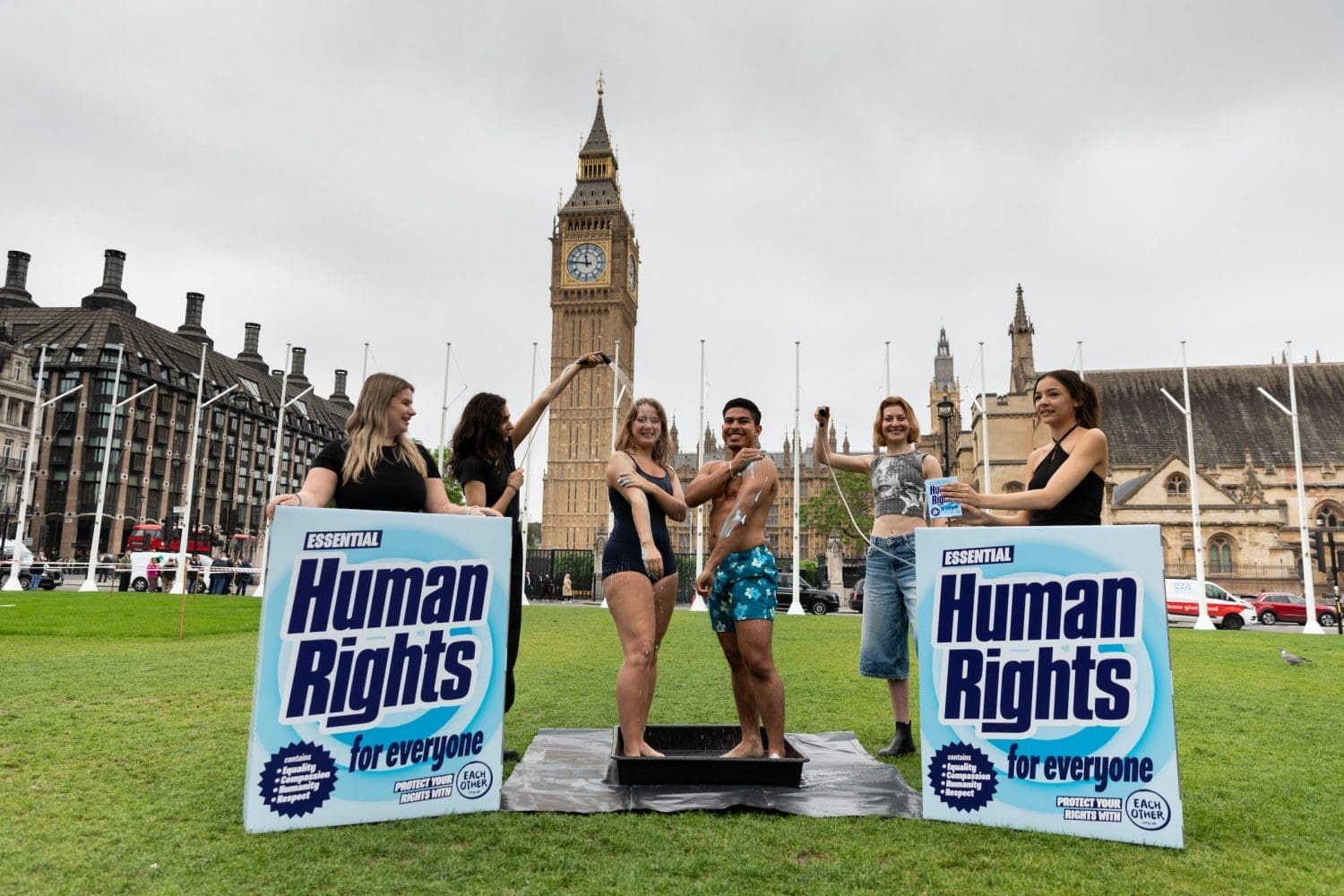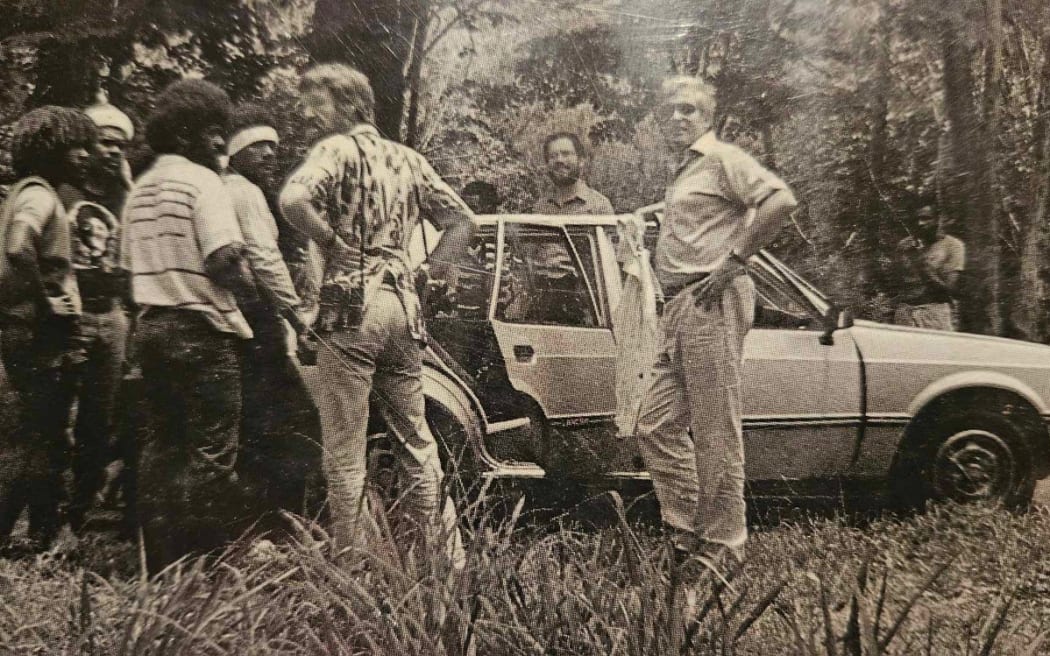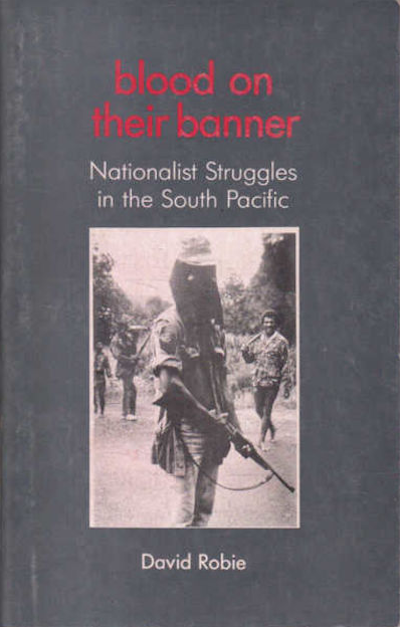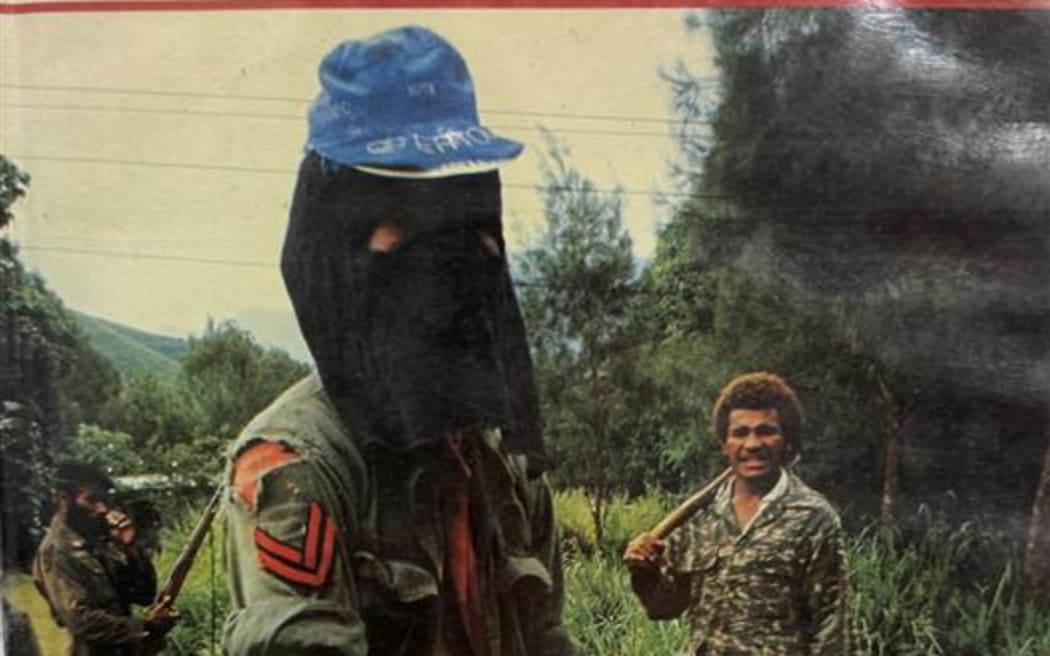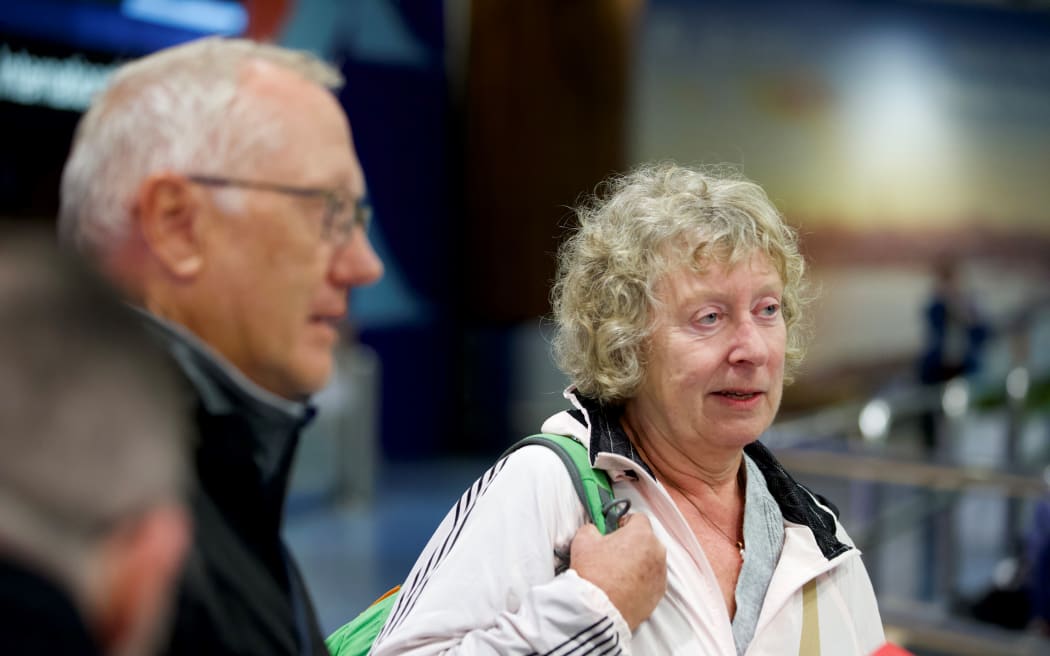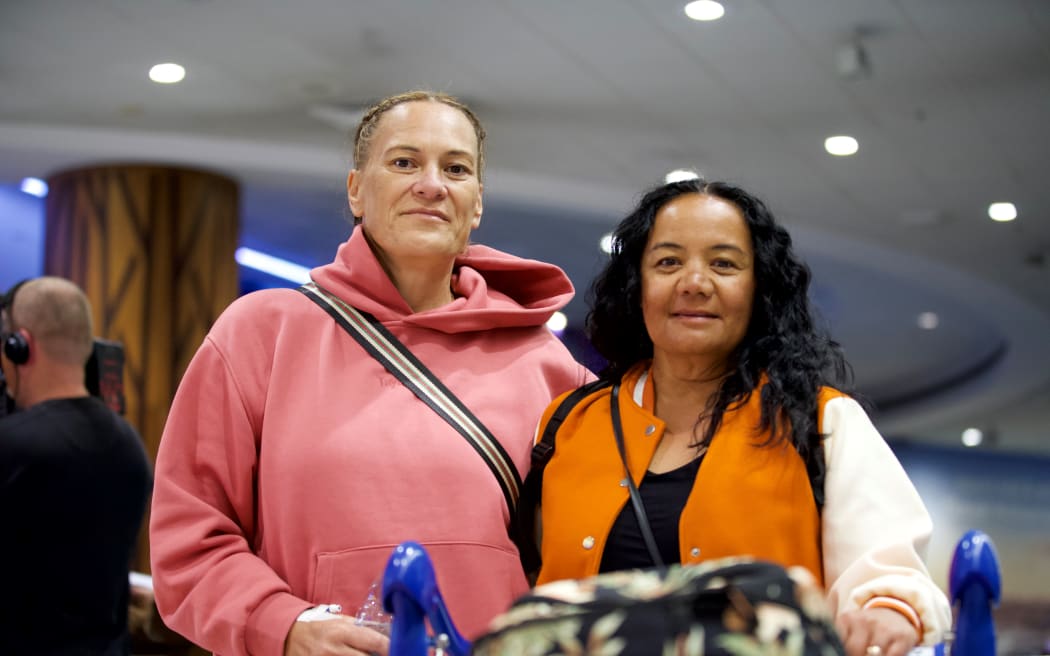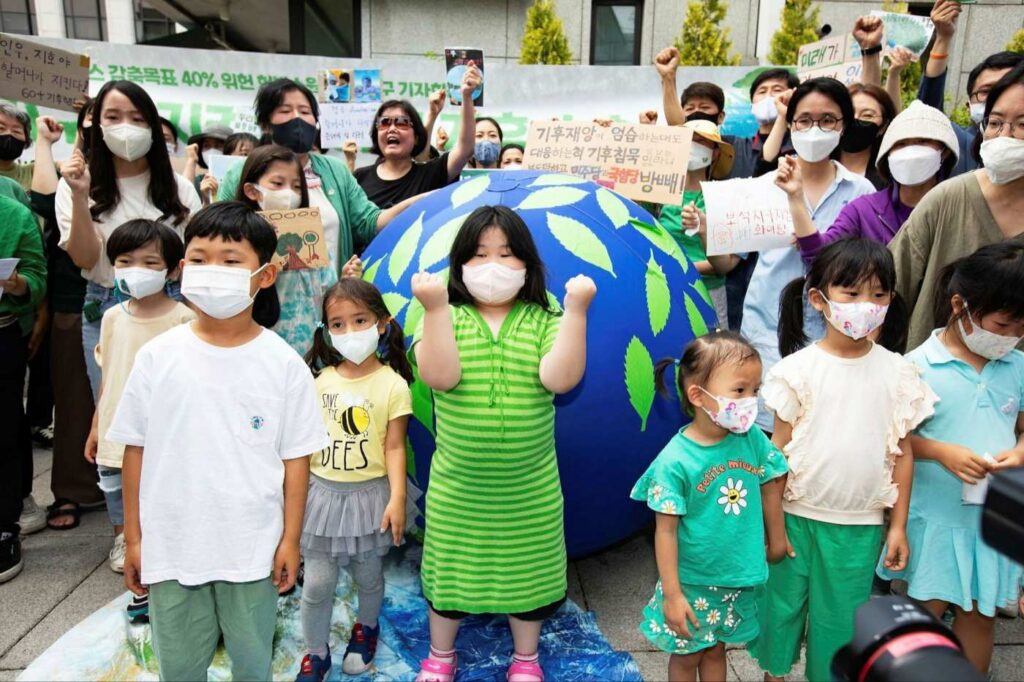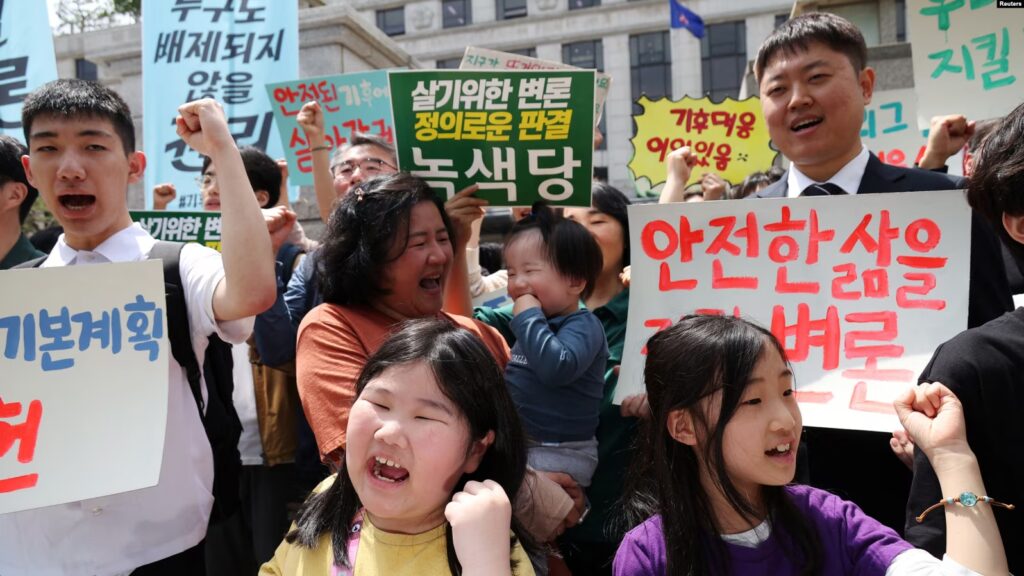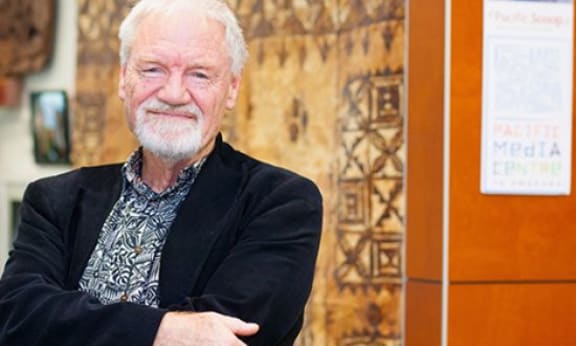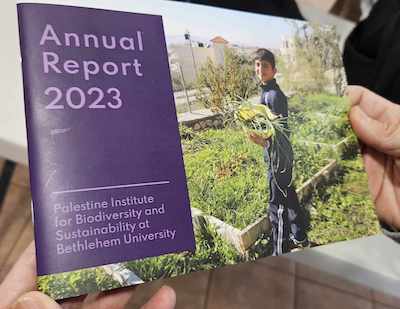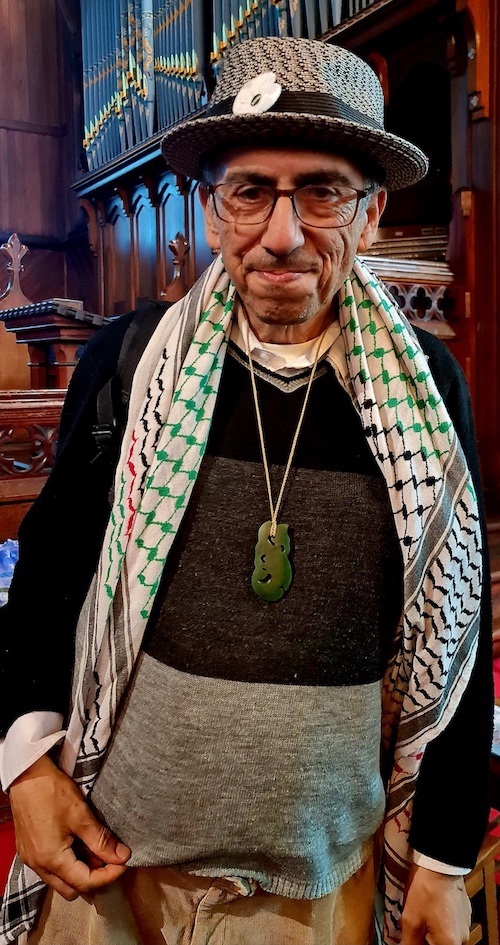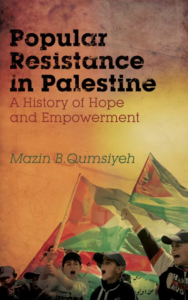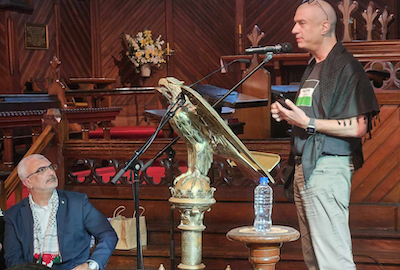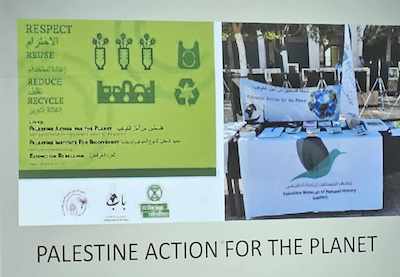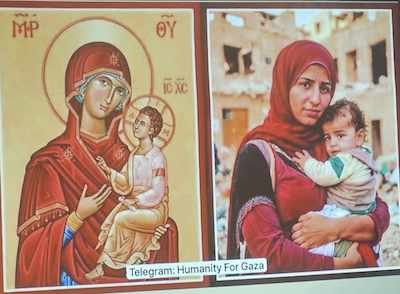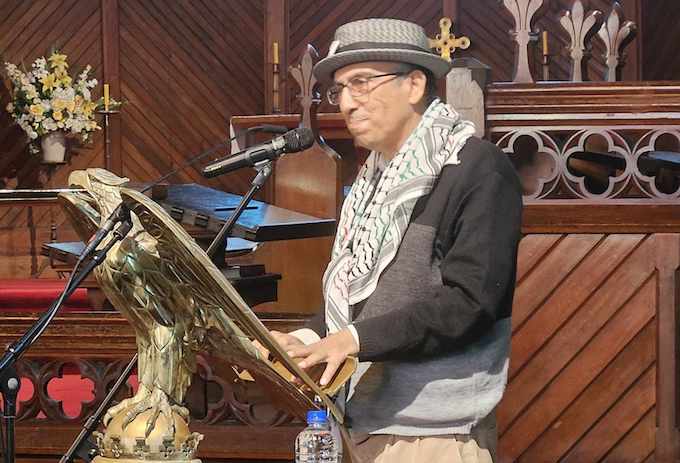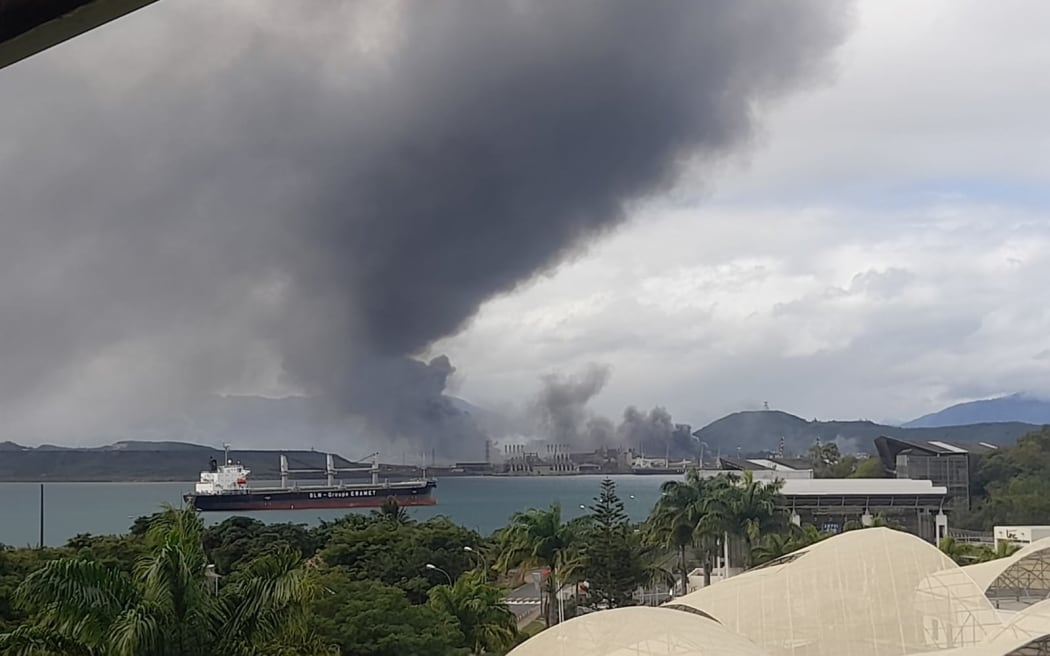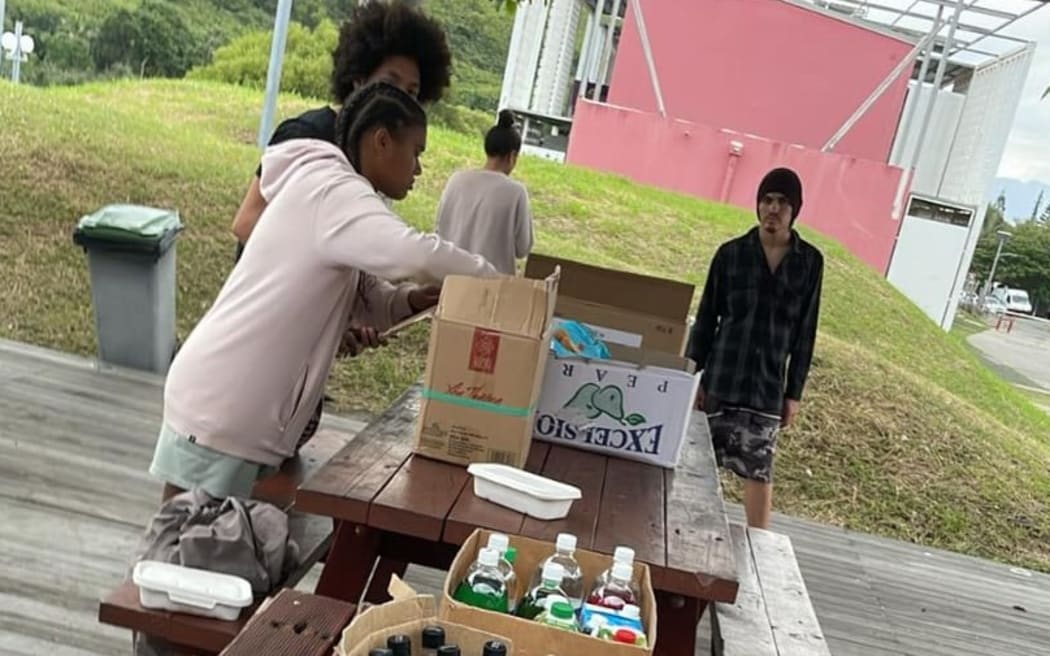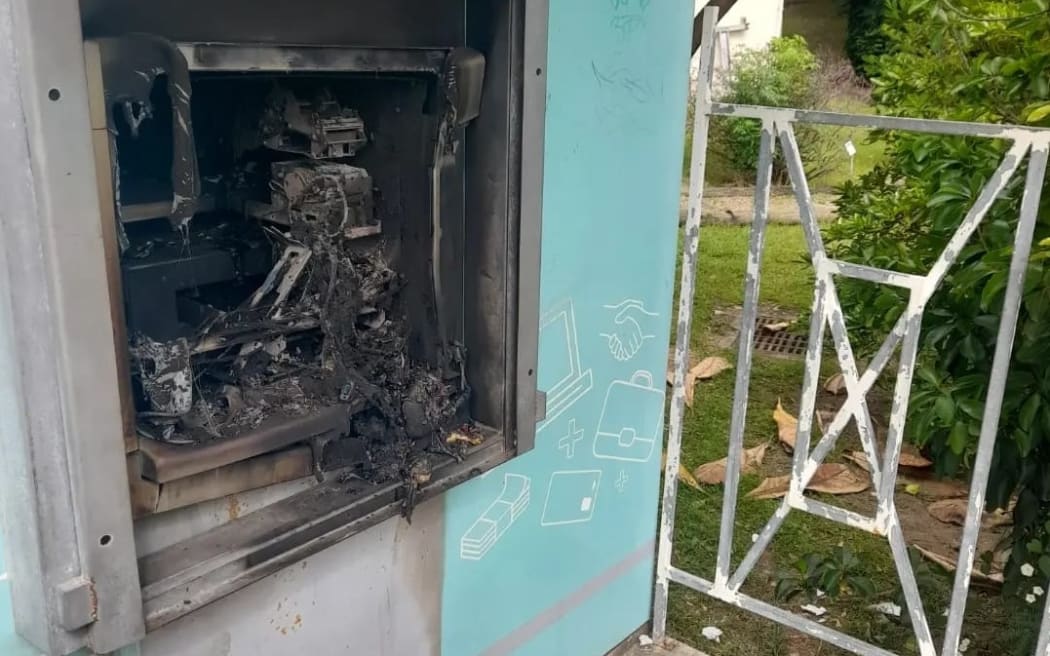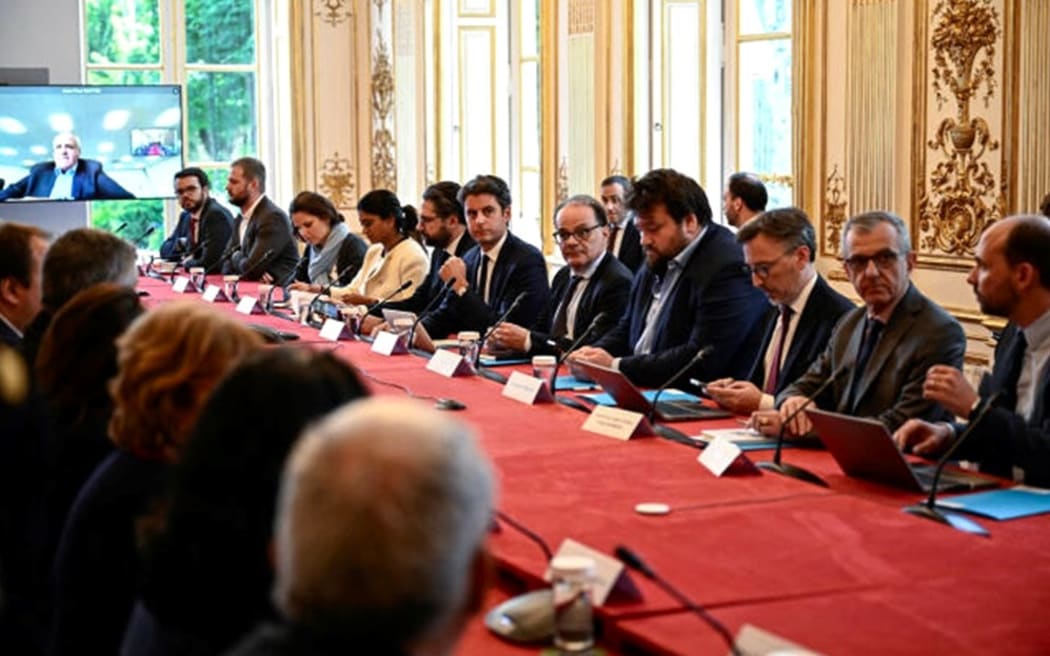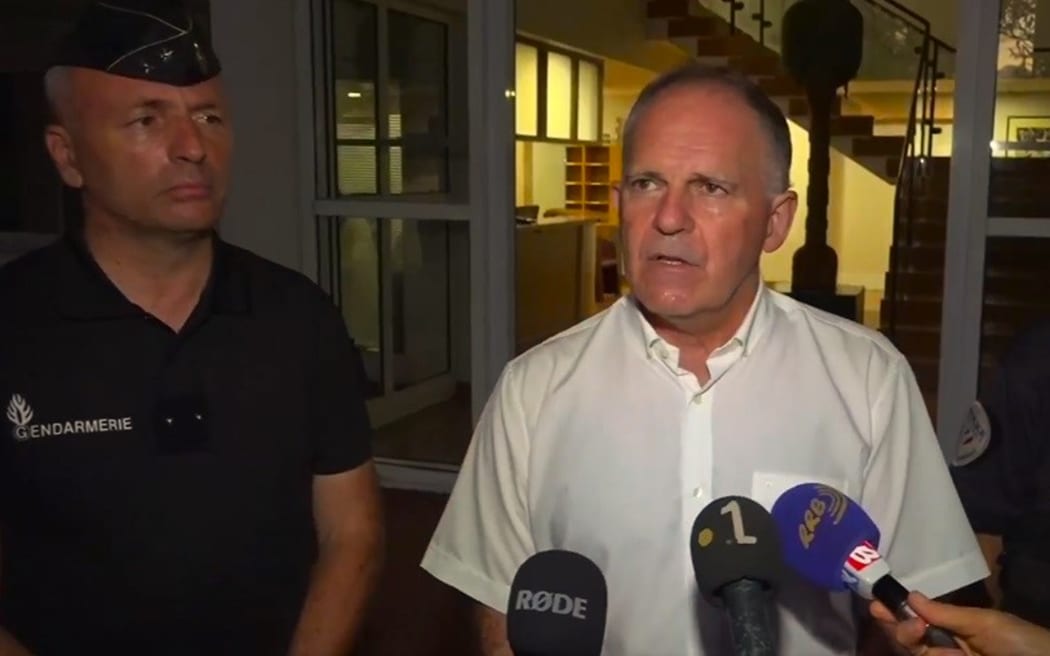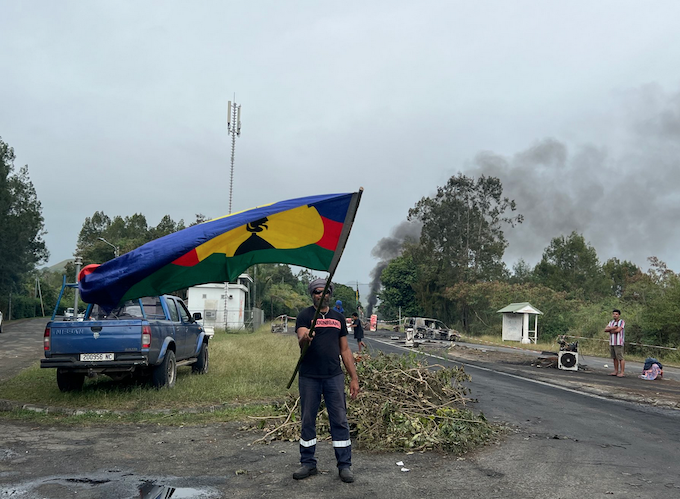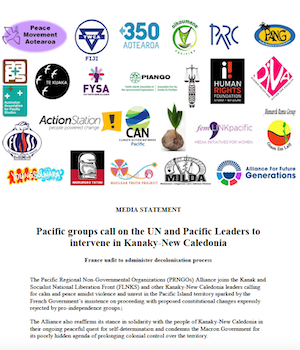Updated: Husain Ali Muhana was a 21-year-old Bahraini student when Bahraini authorities arrested him without presenting an arrest warrant at his friend’s house on 14 December 2017. During his detention, he was subjected to torture, isolation, solitary confinement, enforced disappearance, denial of access to his lawyer during interrogation, unfair trials, and medical negligence. He is currently serving his life sentence in Jau Prison.
Husain has been targeted by Bahraini officials since 2016. While he was out of the country undergoing eye surgery, officers from the Criminal Investigations Directorate (CID) raided his family’s house and searched his computers. Four months later, Husain returned to the country, and Bahraini officers again raided the house, but he was not present at the time. The officers did not present a warrant or provide an explanation for the raid but told Husain’s parents that he had to turn himself in. After learning of this, Husain went into hiding for a year, during which several homes of family members were raided. Husain was shot by the authorities but was able to avoid arrest at the time.
On 14 December 2017, officers and helicopters belonging to the Special Security Force Command (SSFC) of the Ministry of Interior (MOI), along with officers from the CID, surrounded the town of Al Bilad Al Qadeem, chased Husain, and arrested him at his friend’s house. The officers did not present a warrant nor did they give a reason for the arrest. Officers transferred Husain to the CID, where they held him for 40 days. While at the CID, officers insulted, beat, and tortured Husain, coercing him to confess to crimes he did not commit. His lawyer was prevented from attending the interrogations.
In 2017, Husain was sentenced to 10 years in prison for assault, but his prison sentence was reduced after appeal to five years. Subsequently, on 22 July 2018, he was transferred to Jau Prison. On 26 September 2018, the court sentenced him to one year in prison for attempting to evade arrest. Both trials were also conducted on the basis of confessions made by Husain under duress and without any evidence.
On 16 April 2019, Husain was sentenced to life imprisonment, revocation of his Bahraini citizenship, and a fine of 10,000 dinars in a mass trial along with 168 other defendants in the “Bahraini Hezbollah” case. He was one of 69 individuals sentenced to life in prison. Husain’s sentence was upheld on 30 June 2019, but his nationality was reinstated on 20 April 2019 by Royal Order.
Americans for Democracy & Human Rights in Bahrain (ADHRB) filed a complaint with the UN Working Group on Arbitrary Detention involving Husain and eight others sentenced in the Bahraini Hezbollah case. The Working Group issued an opinion on 18 September 2020, in which it considered that all nine prisoners had been unlawfully convicted and arbitrarily detained.
On 10 August 2022, Husain was one of 14 prisoners transferred to the isolation building after alleged charges of attempting to escape from prison. There, they were subjected to numerous abuses, such as beatings, torture, and denial of contact with their families. On 6 September 2022, a delegation from the Ombudsman visited the isolated prisoners in Jau Prison to investigate complaints of violations. However, the fourteen prisoners remained in isolation, and no results emerged from the visit. On 21 September 2022, an entity affiliated with the CID escalated the malicious violations against those in isolation after they announced a hunger strike to protest the violations against them. The punishment of solitary confinement was imposed against the fourteen prisoners, who were divided into two batches: seven prisoners were held in solitary confinement for seven days, followed by the second batch after the first was released.
In October 2022, the prison administration summoned Husain for a quick interrogation, and the next day, he was transferred to the CID. After returning to Jau Prison, he was deprived of personal hygiene items for six days. Throughout this period, the 14 prisoners were subjected to enforced disappearance and denied contact with the outside world, leaving their families unaware of their fate, condition, or reason for their disappearance. After a series of demands and actions by Husain’s father, he was allowed to make a censored phone call to ensure he did not reveal details about his detention conditions. More than 50 days later, the family was allowed to visit Husain. His father confirmed that Husain had been tortured and stated that prisoners were handcuffed for a week, depriving them of their normal lives.
On 22 November 2022, 10 political prisoners, including Husain, out of 14 were referred to the High Criminal Court on fabricated charges of attempting to smuggle convicts from the Reform and Rehabilitation Center. They were specifically accused of developing a terrorist plot to target the Reform and Rehabilitation Center with firearms to smuggle a number of prisoners sentenced for terrorist crimes and to life imprisonment.
On 3 January 2023, an officer and several police officers, namely Officer Ahmed AlEmadi, Policeman Hasan Juma’a, Hamid Farraj, and Husain AlFasouli, transferred the 14 prisoners from their cell to another cell that did not contain beds, televisions, or cleaning materials. When the prisoners refused and said, “We are not animals to sleep on the floor”, they were beaten and tortured. Officers stomped on their necks, pepper-sprayed them, and stripped one prisoner naked. They also confiscated their personal belongings. The officers refused to film the incident at the request of one of the prisoners. The prisoners have been isolated ever since.
During their transfer to solitary confinement, Husain approached one of the officers and asked him to command the other officer to stop beating the prisoners. However, another officer attempted to punch him. Husain’s testimony about this incident was published through an audio recording. The audio recording in this post was read by another inmate at the Jau Prison, Husain Ghazwan, who was placed in solitary confinement on 8 January 2023, after delivering the testimony in a phone call to Husain’s father.
On 31 January 2023, Husain was sentenced to an additional seven years in prison for an attempted escape, and in March 2023, the Court of Appeals confirmed the verdict. In July 2023, the Public Prosecution Office (PPO) referred Husain to trial after charging him with insulting a police officer. In August 2023, he was sentenced to one month in prison, despite denying the charges and insisting that he did not know the officer and had never seen him before. Thus, the total sentences in the malicious cases for which he was convicted reached 13 years and one month, in addition to his previous life sentence.
These prisoners continue to face violations as their hands are constantly shackled to restrict their movement when going to the outdoor yard. Calls and visits are strictly monitored, and they are intermittently deprived of their rights to communicate with their families. For example, they went 45 days without being able to contact their families.
Husain’s father stated that communication with his son was cut off five times: from 10 to 30 August 2022, from 3 to 12 January 2023, from 13 to 21 February 2023, from 9 to 18 February 2023, and from 23 to 28 March 2023. On 23 March 2023, Husain was placed in solitary confinement before the communication was cut off. He contacted his family on 28 March 2023 and informed them that he was no longer in solitary confinement.
Husain’s father, activist and teacher Ali Muhana, filed several complaints regarding the situation of his son and fellow inmates in isolation. He also submitted a complaint to the Special Investigations Unit (SIU) on 11 January 2022 but received no follow-ups or responses to the complaints he filed. On 5 February 2023, Husain’s father stated that the Ombudsman acknowledged their presence in isolation when he met with the Secretary-General, yet no action was taken.
On 15 February 2023, Mr. Ali, Husain’s father, submitted two additional complaints to the Ombudsman and the National Institution for Human Rights (NIHR) to allow him to communicate with his son. On 2 March 2023, Mr. Ali contacted the SIU to follow up on the complaint, and they responded that it was still under investigation. On 8 March 2023, Mr. Ali posted that he had been trying to contact the SIU to follow up on the complaint, but they did not answer his calls.
In April 2024, communication with Husain was cut off once again, and this violation remains in place as of the date this file was last updated.
His father contacted various state institutions, including the MoI, the Prime Minister’s office, and the Jau Prison administration, demanding to reconnect with his son. Initially, they were unresponsive to his inquiries, but now they are punishing him with repeated summonses and imprisonment. Husain’s father also reached out to the NIHR and the Ombudsman multiple times, receiving promises that have yet to be fulfilled.
Husain suffered multiple wounds in prison due to being shot with birdshot pellets in his legs and knees. Despite his requests, he was denied access to a doctor. His family repeatedly contacted relevant institutions, such as the Ombudsman and the NIHR. However, each time, he was only permitted a single visit to the prison clinic, where the doctor asked him several questions without providing genuine medical treatment.
Husain’s warrantless arrest, torture aimed at extracting coerced confessions, denial of access to legal counsel during interrogation, unfair trials, solitary confinement, enforced disappearance, and medical neglect all constitute clear violations of the Convention against Torture and Other cruel, inhuman, or degrading treatment (CAT), as well as the International Covenant on Civil and Political Rights (ICCPR) and the International Covenant on Economic, Social, and Cultural Rights (ICESCR).
Americans for Democracy & Human Rights in Bahrain (ADHRB) calls on the Bahraini authorities to immediately and unconditionally release Husain. ADHRB also urges the Bahraini government to investigate allegations of arbitrary arrest, torture, denial of access to legal counsel during the interrogation period, solitary confinement, enforced disappearance, and medical neglect. ADHRB further calls on the Bahraini government to provide compensation for the injuries that Husain has suffered due to his arrest and torture, or at the very least, to ensure a fair retrial leading to his release.
The post Profile in Persecution: Husain Ali Muhana appeared first on Americans for Democracy & Human Rights in Bahrain.
This post was originally published on Americans for Democracy & Human Rights in Bahrain.



